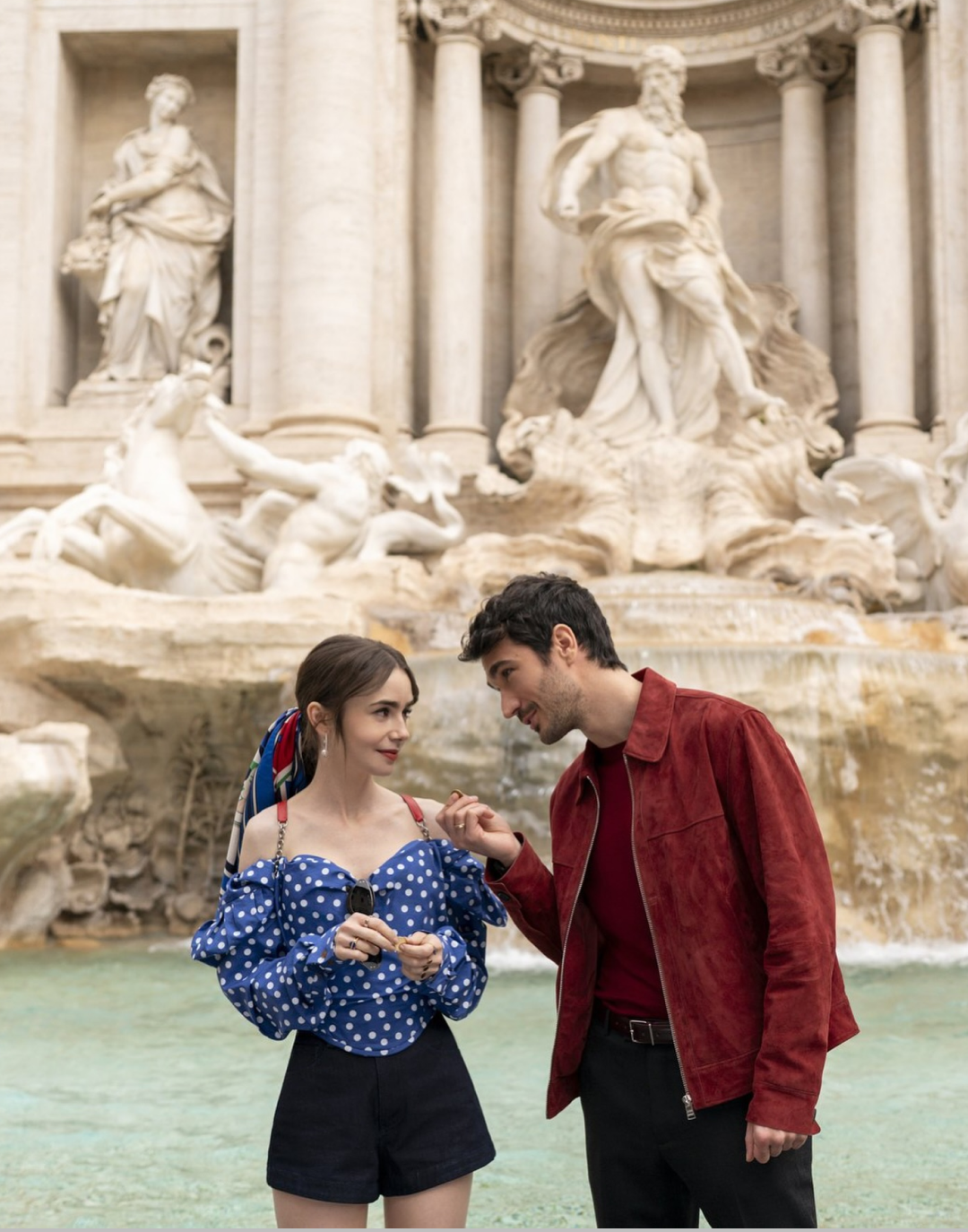
What it means to make clothes in Palestine: interview with Trashy Clothing Y2K satire by Shukri Lawrence and Omar Braika in collaboration with Barragàn
Running an independent brand is already a challenge, but for Shukri Lawrence and Omar Braika, it’s an even bolder endeavor. Founded in Palestine and still based in Jordan, Trashy Clothing is an anti-luxury luxury brand, «a Trojan horse that creates new standards in the system from within», as the two creative directors define it. With the right mix of edginess and satire, irony and nostalgia, the brand has established itself over the years with a distinctly 2000s aesthetic, a homage from the designers to the Arab queer community of which they themselves are part. Through fashion, Lawrence and Braika advocate for intersectional activism that, beyond supporting the Palestinian cause, defends the rights of LGBTQIA+ people in the Middle East. Trashy Clothing's latest collaboration with the Mexican brand Barragàn is a direct testimony of their personal vision of war: with the title Arsenal of Democracy, the capsule collection addresses the theme of imperialism through precise stylistic codes in an extremely direct cultural mix. The collaboration with Barragàn began with a tweet, the two designers recount, in which a user highlighted how similar the two brands were to each other. «As soon as we saw it, we thought it was time,» they add - «we have in common the language of humor and satire, and it just kept going throughout the whole collaboration.»
Although the message presented in Arsenal of Democracy is explicit, the designs convey Braika and Lawrence’s feelings toward Western society through a niche language. «We always reference Arab gay icons of the 2000s,» explains Lawrence - «in the campaign with Barragàn you can almost the face of Haifa Wahbe.» The jewelry, accessories, hairstyles, and even makeup in Arsenal of Democracy draw from both brands’ cultures, although Trashy Clothing was persistently supported by Victor Barragàn, Braika and Lawrence point out. With references ranging from the blood-stained American dollar to the figure of Monica Lewinsky, the two brands express their perspective through a unique voice: that of frustration. «Each collection reflects what has impacted us, the brand itself is a documentation of our experiences as Palestinians in the world,» recount the creative directors - «as queer people in the world. All of these realities are already politicized, whether we choose it or not, and in this case, we’re looking at the idea of branding war as peace.»
Beyond being a sort of open letter to the United States, the collaboration between Trashy Clothing and Barragàn offers a blunt response to all those who think fashion cannot be political. Iconically, the figure of the peacekeeper and that of the freedom fighter—as well as queer identities—are nothing more than codifiable looks, with the only difference being that the former has always been glorified, while the other two are still fighting against stereotypes and marginalization. «We played a lot with the idea of psyops: the sword you see in the collection is a common symbol used within resistance and freedom fighters. The idea we wanted to include is the double standard that world leaders holds toward weapons,» explains Lawrence - «for America and its allies, only their weapons are democratic.» The political discourse in the collaboration between Trashy Clothing and Barragàn reprises the same themes Lawrence and Braika presented in the last collection of the Palestinian brand, where the stereotype of the American politician and their first lady—such as wide-shouldered jackets and couture dresses—were paired with pulp details. «The hands stained with blood, that also look like a henna tattoo, represent an idea of class and luxury that, however, is off, it evokes an uncomfortable feeling when you look at it.»
For Lawrence and Braika, working as designers and brand owners during the war in Gaza is presenting enormous obstacles. «We’re fighting two battles,» the creative directors share - «the battle for our homeland and the battle for our queerness» They add that through satire they manage to protect the brand and its community, built primarily by queer Arabs who, like them, now feel more in danger than ever. Despite their work being well received within Trashy Clothing’s fanbase, Braika notes, being part of an industry tied to glamour and image while their people face a tragic time feels surreal. «You keep asking yourself what you’re doing, what your goal is,» Braika says - «it doesn’t feel real. The same day we were in Paris for Fashion Week, as soon as we returned to Jordan we could see rockets in the sky.» While the world falls in love with the ironic designs of major luxury brands, for the comfort they offer during uncertain times, for Trashy Clothing, satire proves to be a powerful political weapon. It’s proof that, if done well, even fantastical escapism in fashion can conceal a real message.












































































